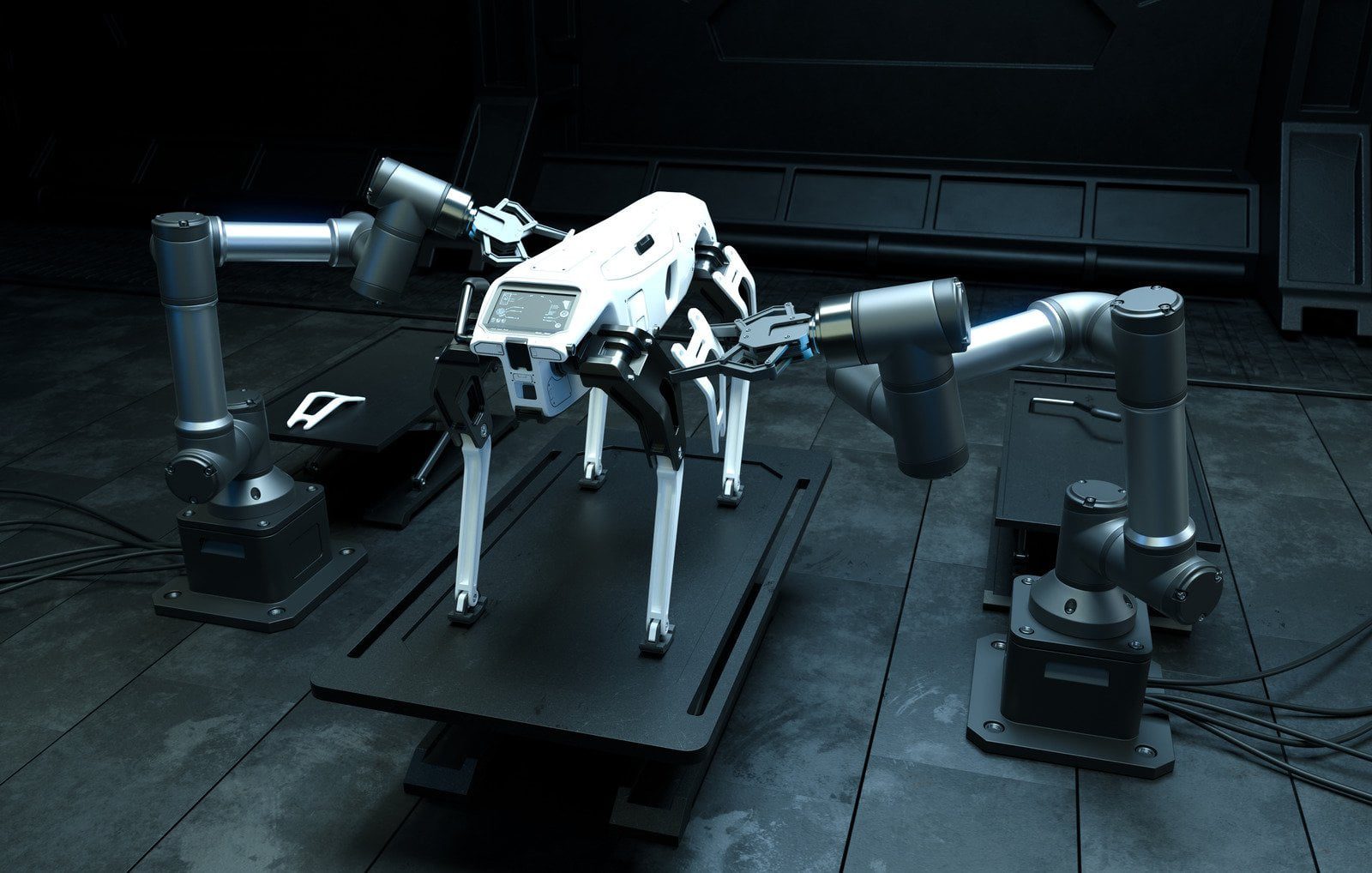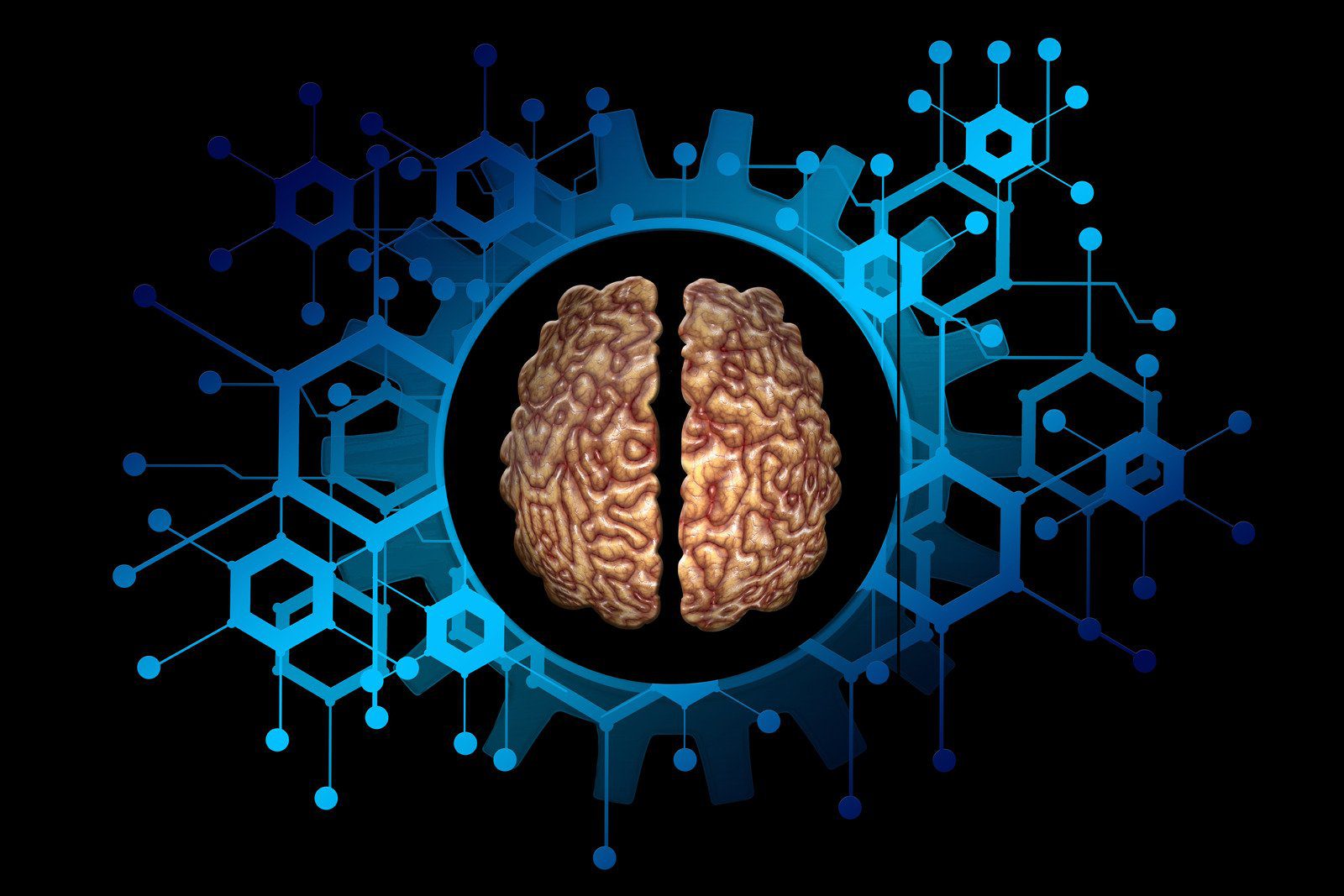Introduction to Artificial Intelligence (AI)
Welcome to a world where machines are becoming increasingly intelligent, and their impact on our daily lives is more profound than ever before. Artificial Intelligence (AI) has transitioned from science fiction to reality, revolutionizing the way we live, work, and interact with technology. Join us as we delve into the fascinating realm of AI and explore its implications on everyday life.
The Advancements and Applications of AI in Everyday Life
From virtual assistants like Siri and Alexa helping us with daily tasks to personalized recommendations on streaming platforms, artificial intelligence is seamlessly integrated into our everyday lives. AI algorithms power social media feeds, suggesting content based on our interests and behaviors. In healthcare, AI assists in diagnosing diseases and predicting patient outcomes with greater accuracy than ever before.
Self-driving cars are a prime example of how AI is transforming transportation, making roads safer and reducing traffic congestion. Smart home devices controlled by AI technology allow us to automate household chores and enhance security measures effortlessly. The advancements in natural language processing have revolutionized communication through real-time language translation services.
In the entertainment industry, AI-driven tools are used for creating special effects in movies and generating music compositions. With continuous innovations in AI technology, the possibilities for its applications in everyday life are limitless.
The Benefits and Drawbacks of AI
AI offers a myriad of benefits in various aspects of our daily lives. From personalized recommendations on streaming platforms to enhancing medical diagnostics, AI has revolutionized the way we interact with technology. The ability of AI to process vast amounts of data quickly and efficiently has led to advancements in fields such as healthcare, finance, and transportation.
However, along with its benefits come certain drawbacks that cannot be ignored. One major concern is the potential job displacement caused by automation through AI-powered systems. As machines continue to perform tasks traditionally done by humans, there is a growing fear of unemployment in certain industries.
Moreover, ethical considerations surrounding privacy and data security have become increasingly important as AI becomes more integrated into society. The collection and utilization of personal data raise concerns about surveillance and misuse by corporations or governments. Despite these drawbacks, the continued development and implementation of AI technologies are inevitable as they shape the future landscape of innovation and progress across industries.
Controversies Surrounding AI
Artificial Intelligence, a groundbreaking technology that has captured the imagination of people worldwide. However, along with its remarkable advancements come controversies and concerns that have sparked debates within various communities. One of the primary controversies surrounding AI is its potential to replace human jobs, leading to fears of unemployment and economic instability.
Another contentious issue is the ethical implications of AI, particularly regarding privacy and data security. The collection and usage of personal information by AI systems raise questions about individual rights and surveillance in society. Additionally, there are concerns about bias in AI algorithms, which can perpetuate discrimination based on race, gender, or other factors.
Moreover, the lack of transparency in how AI systems make decisions raises doubts about accountability and trustworthiness. As AI continues to evolve rapidly, addressing these controversies will be essential for ensuring responsible development and deployment across various industries.
How AI is Shaping the Future of Various Industries
Artificial Intelligence (AI) is revolutionizing various industries, shaping the future in ways we never imagined. In healthcare, AI is improving patient care through predictive analytics, enabling early detection of diseases and personalized treatment plans. The automotive industry is embracing AI with self-driving cars, making transportation safer and more efficient.
In finance, AI algorithms are transforming how we manage investments and detect fraudulent activities. Retailers are utilizing AI for personalized shopping experiences and inventory management. Education is evolving with AI-powered learning platforms that adapt to individual student needs.
Manufacturing processes are becoming more streamlined with AI-driven automation, increasing productivity and reducing errors. Even agriculture is benefiting from AI technologies like drones for crop monitoring and automated irrigation systems.
As technology continues to advance, the potential for AI to shape various industries knows no bounds. From enhancing customer experiences to optimizing operations, the future looks bright with endless possibilities fueled by artificial intelligence.
Ethical Considerations
As artificial intelligence continues to advance and integrate into our daily lives, ethical considerations have become a significant topic of discussion. One major concern is the potential for AI systems to reinforce biased decision-making based on flawed data inputs. This raises questions about fairness and equity in algorithmic outcomes.
Another key issue is the impact of automation on employment opportunities. With AI capable of performing tasks traditionally done by humans, there are concerns about job displacement and income inequality. Ethical dilemmas also arise when considering the use of AI in surveillance and privacy invasion.
Moreover, the question of accountability and transparency in AI decision-making processes remains unresolved. Who should be held responsible when an AI system makes a harmful or unethical choice? These complex ethical challenges highlight the need for ongoing dialogue and regulation in the development and deployment of AI technologies.
Predictions for the Future of AI
As we look towards the future, it is evident that Artificial Intelligence will continue to play a significant role in shaping our everyday lives. With rapid advancements in technology and ongoing research in AI, we can expect to see even more innovative applications across various industries.
The predictions for the future of AI are promising yet challenging. We anticipate further integration of AI into healthcare, finance, transportation, and many other sectors. The potential benefits are vast, from improved efficiency and productivity to enhanced decision-making processes.
However, as we embrace the possibilities that AI offers, ethical considerations must remain at the forefront of development. Striking a balance between technological advancement and ethical responsibility will be crucial in ensuring that AI continues to benefit society without causing harm.
In conclusion (just kidding), while the future of Artificial Intelligence holds great promise, it is up to us as individuals and as a society to navigate its complexities responsibly. By staying informed, engaging in discussions about ethics and regulation surrounding AI, we can help shape a future where this groundbreaking technology enriches our lives while maintaining our values and principles.
















